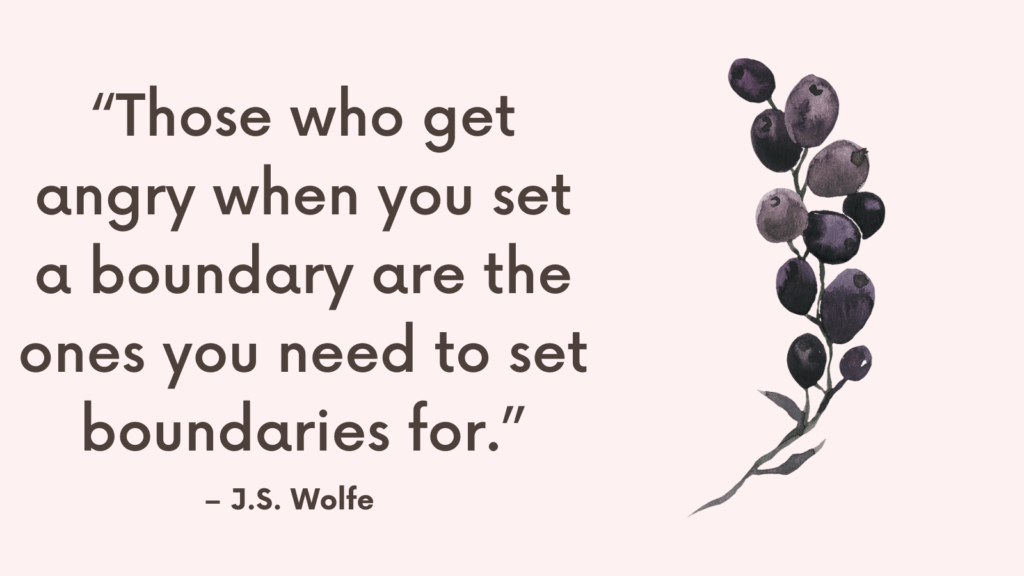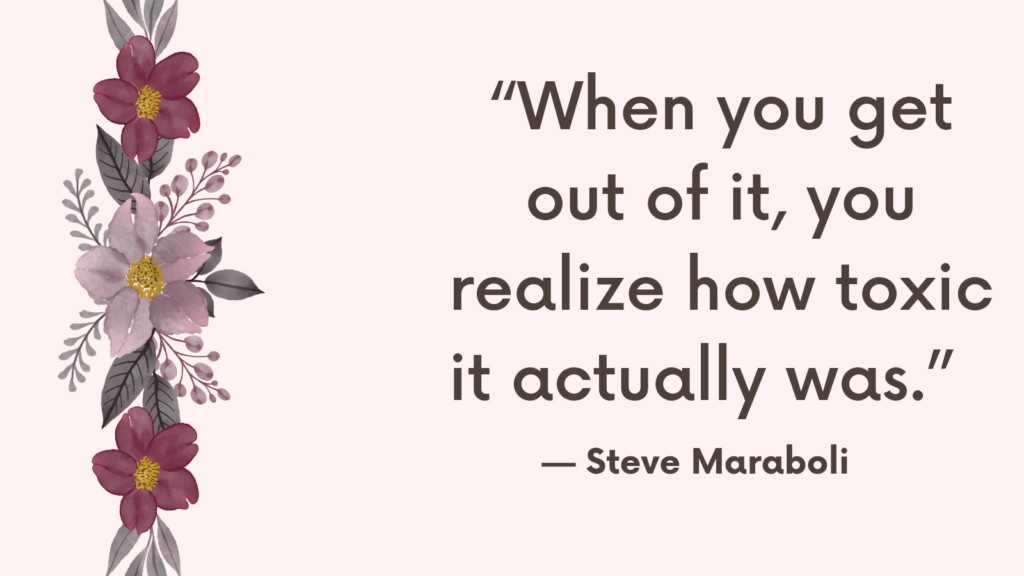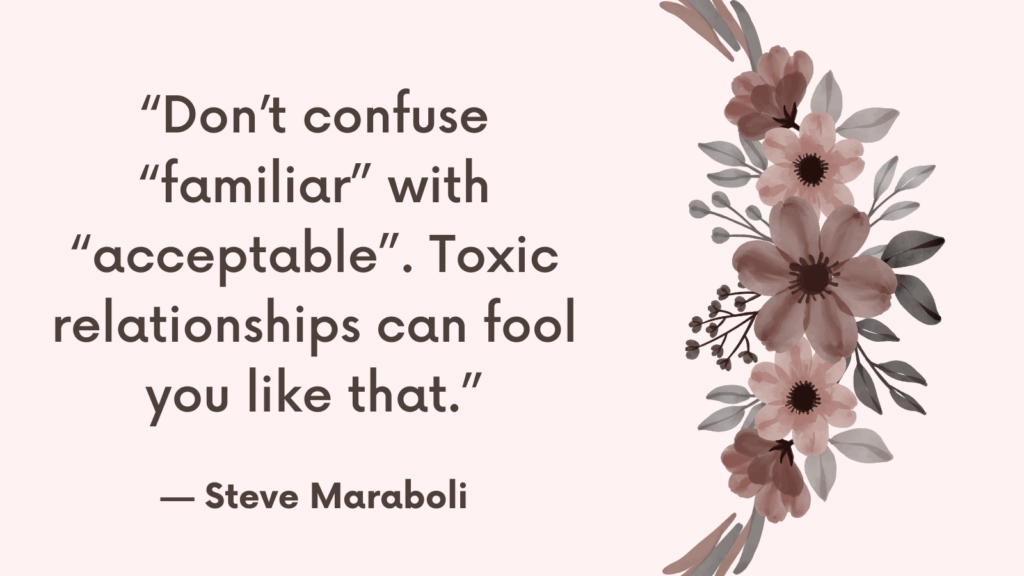Some people walk into a room and feel everything—tension, sadness, anxiety—even when it’s not theirs. If you’re naturally sensitive or empathetic, it’s easy to absorb other people’s moods like a sponge. But being emotionally open doesn’t mean you have to carry everything. You can still care without collapsing. Here’s how to stop internalizing others’ negativity while staying grounded and whole.
Why You Absorb Other People’s Emotions
Some people are naturally more empathic or highly attuned to others. While this sensitivity is a strength, it can also become overwhelming without clear emotional boundaries.
You’re more likely to absorb other people’s negativity when:
- You feel responsible for keeping others emotionally stable
- You grew up in environments where you had to “read the room” to stay safe
- You’re unsure where your emotions end and others’ begin
- You haven’t learned to ground and protect your own nervous system
It’s not your fault—but it is your responsibility to learn how to stay connected without carrying someone else’s emotional weight.
Signs You’re Absorbing Negativity
- You feel emotionally exhausted after being around certain people
- You notice your mood shifting based on who you’ve been with
- You carry anxiety or sadness that doesn’t seem to have a clear source
- You find yourself trying to fix or manage everyone else’s emotions
- You feel overwhelmed by crowded or emotionally intense environments
- You replay other people’s problems in your mind long after the conversation ends
If this sounds familiar, your emotional boundaries may need strengthening.
What You’re Not Responsible For
Before you can protect your energy, you need to get clear on what’s not your job:
- You are not responsible for fixing other people’s feelings
- You are not responsible for absorbing someone’s emotional pain
- You are not responsible for making everyone feel better
- You are not the emotional “filter” for someone else’s chaos
You can be compassionate without becoming a sponge.
How to Stop Absorbing Other People’s Negativity?
1. Notice When It’s Happening
Pay attention to those moments when your mood suddenly shifts. Ask yourself:
“Was I feeling this before I entered the room?”
Naming it helps you create space between you and them.
2. Say to Yourself: “That’s Theirs, Not Mine”
When you feel someone else’s stress or anger creeping in, gently repeat:
“This belongs to them—not me.”
This quiet boundary protects your emotional space.
3. Visualize an Emotional Barrier
Imagine a soft shield or invisible bubble around you. It doesn’t shut people out—it just filters what you let in. Visual tools give your nervous system a sense of safety and control.
4. Ground Yourself With Physical Anchors
Place your feet firmly on the floor, take a deep breath, or press your fingers together. These small physical cues bring you back to your body—instead of drifting into someone else’s emotional current.
5. Don’t Rush to Fix What Isn’t Yours
Empaths often try to soothe or rescue others to feel okay themselves. But it’s not your job to regulate everyone else’s feelings. You can support without saving. You can listen without absorbing.
Related: Are You an Emotional Sponge? (5 Tips for Better Boundaries)
6. Set Energetic Boundaries Without Guilt
It’s okay to excuse yourself from a draining conversation or take space after spending time with intense people. Boundaries aren’t rejection—they’re protection.
7. Limit Time With Habitual Drainers
If someone constantly dumps their negativity on you, it’s not unkind to limit exposure. Protecting your peace is not selfish—it’s self-respect.
8. Clear Your Energy After Emotional Exposure
After being around someone heavy or intense, do a reset:
- Take a walk
- Shake out your arms
- Journal what you felt
- Rinse your hands under cool water
These rituals help release what isn’t yours.
9. Strengthen Your Inner Identity
When you know who you are, you’re less likely to be swept up in others. Reaffirm:
“I am calm, grounded, and steady—even when others are not.”
Related: Top 25 Tips On How To Set Boundaries Without Being Controlling? (+FREE Worksheets PDF)
10. Surround Yourself With Emotionally Regulated People
Spend time with people who don’t need you to carry their pain in order to feel close. Healthy connection doesn’t require emotional absorption—it requires mutual presence.

Conclusion
You are allowed to be empathetic without becoming a container for other people’s emotions. Your kindness doesn’t need to cost you your clarity. Protect your peace not by closing your heart—but by anchoring it inside yourself. You can care deeply and stay rooted in your own energy. That’s not disconnection—that’s emotional wisdom.



